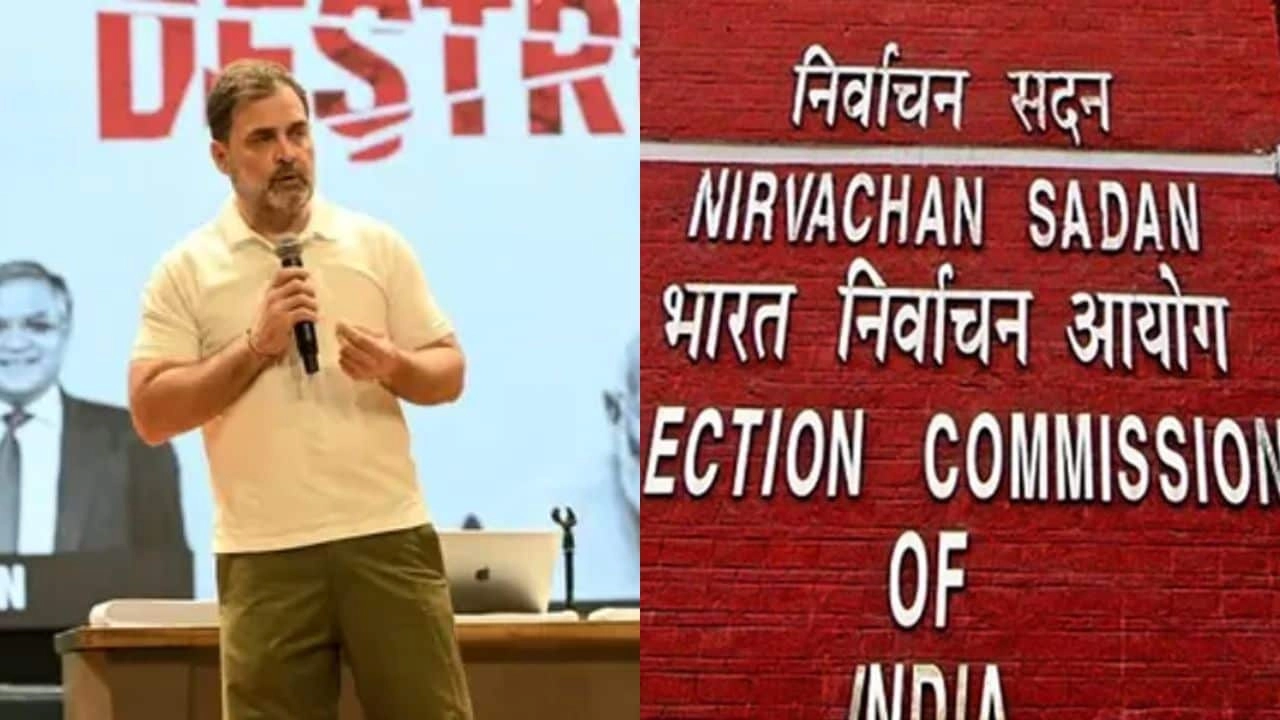The Pahalgam attack, which occurred in early 2024, has raised significant concerns regarding security and the ongoing violence in the region. This tragic incident was not an isolated event; it was part of a broader pattern of violence that has plagued areas in conflict for years. In addition to targeting civilians, the terrorists involved in the Pahalgam attack were also responsible for the deaths of six laborers and a doctor, highlighting the indiscriminate nature of their actions. These attacks have not only resulted in loss of life but have also instilled fear among the local communities, particularly among those who are vulnerable and unable to protect themselves.
The laborers, who were simply trying to earn a living, fell victim to the senseless violence that seems to have become a grim reality in certain regions. Their deaths underscore the precarious situation faced by those working in conflict zones, where the threat of violence lurks at every corner. The murder of a doctor, someone dedicated to saving lives, adds another layer of tragedy to this situation, as it represents an attack on the very foundation of humanitarian efforts in the area. Such acts of violence against individuals committed to helping others send shockwaves through the community and raise questions about the safety of health care providers and essential workers in conflict zones.
The implications of these attacks extend far beyond the immediate loss of life. Families are left shattered, communities are plunged into mourning, and the cycle of violence perpetuates itself. Each act of terror not only claims lives but also erodes the fabric of society, making it difficult for communities to rebuild and recover. The international community must respond with urgency to address the underlying issues that give rise to such violence. Supporting peace initiatives, fostering dialogue, and providing aid to affected communities are critical steps that can help mitigate the cycle of violence and promote stability in the region.
As the investigation into the Pahalgam attack unfolds, it is crucial for authorities to identify and bring the perpetrators to justice. This is not only a matter of accountability but also of restoring faith in the justice system and ensuring that such heinous acts are not repeated. The resilience of the affected communities must be acknowledged, and their voices heard in the quest for peace and reconciliation. Moving forward, a concerted effort is needed from all stakeholders to create an environment where civilians can live without fear, and where the basic rights to life and safety are upheld. The tragedy of the Pahalgam attack serves as a stark reminder of the urgent need for comprehensive strategies to combat terrorism and protect innocent lives.




